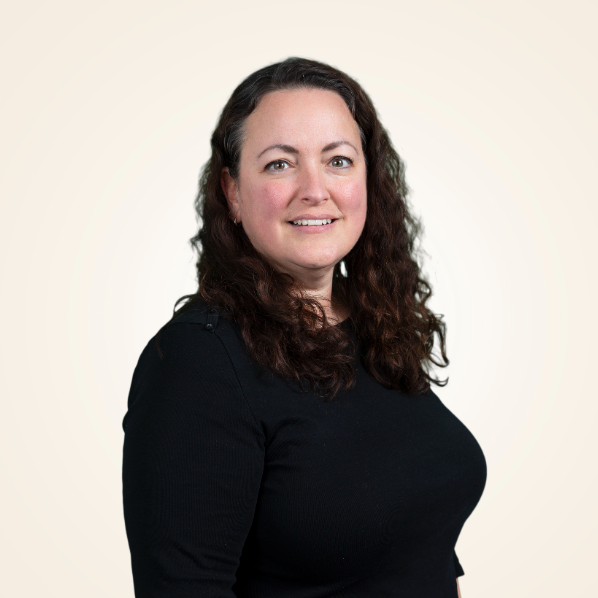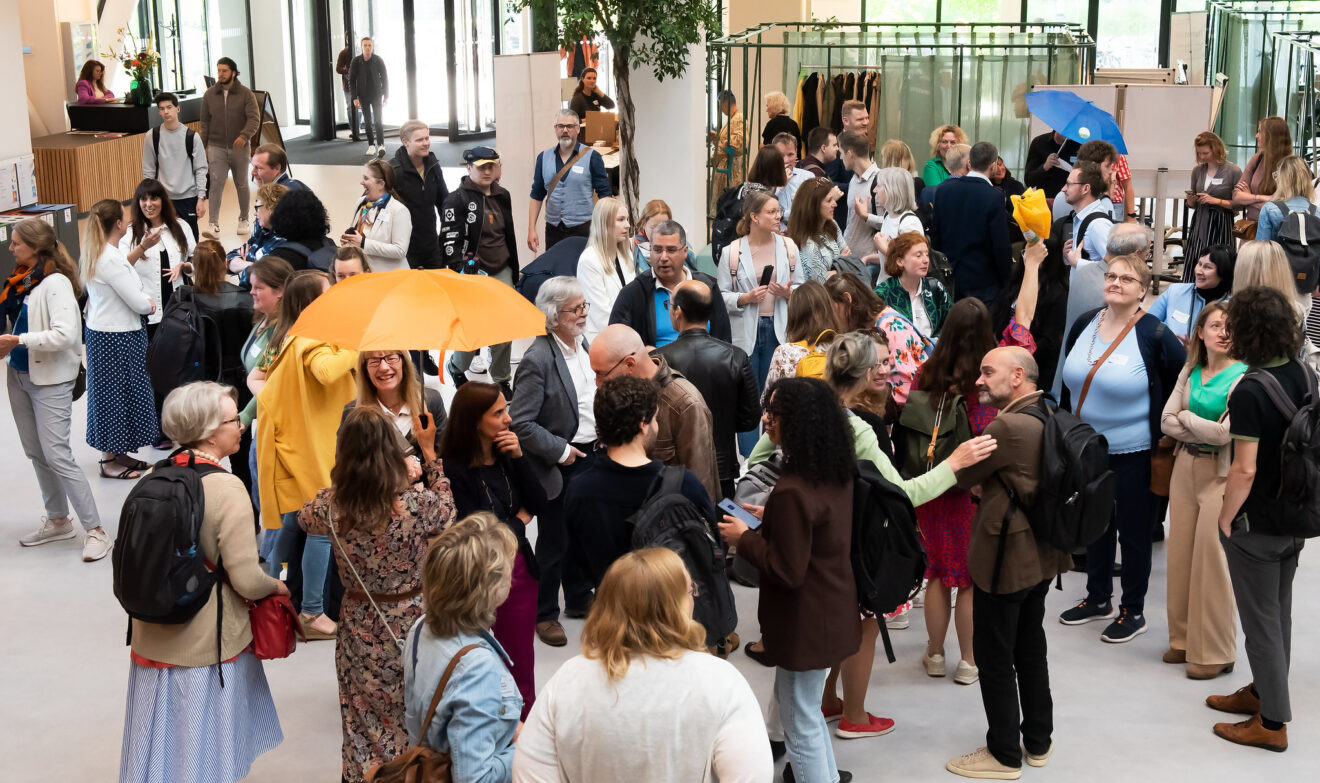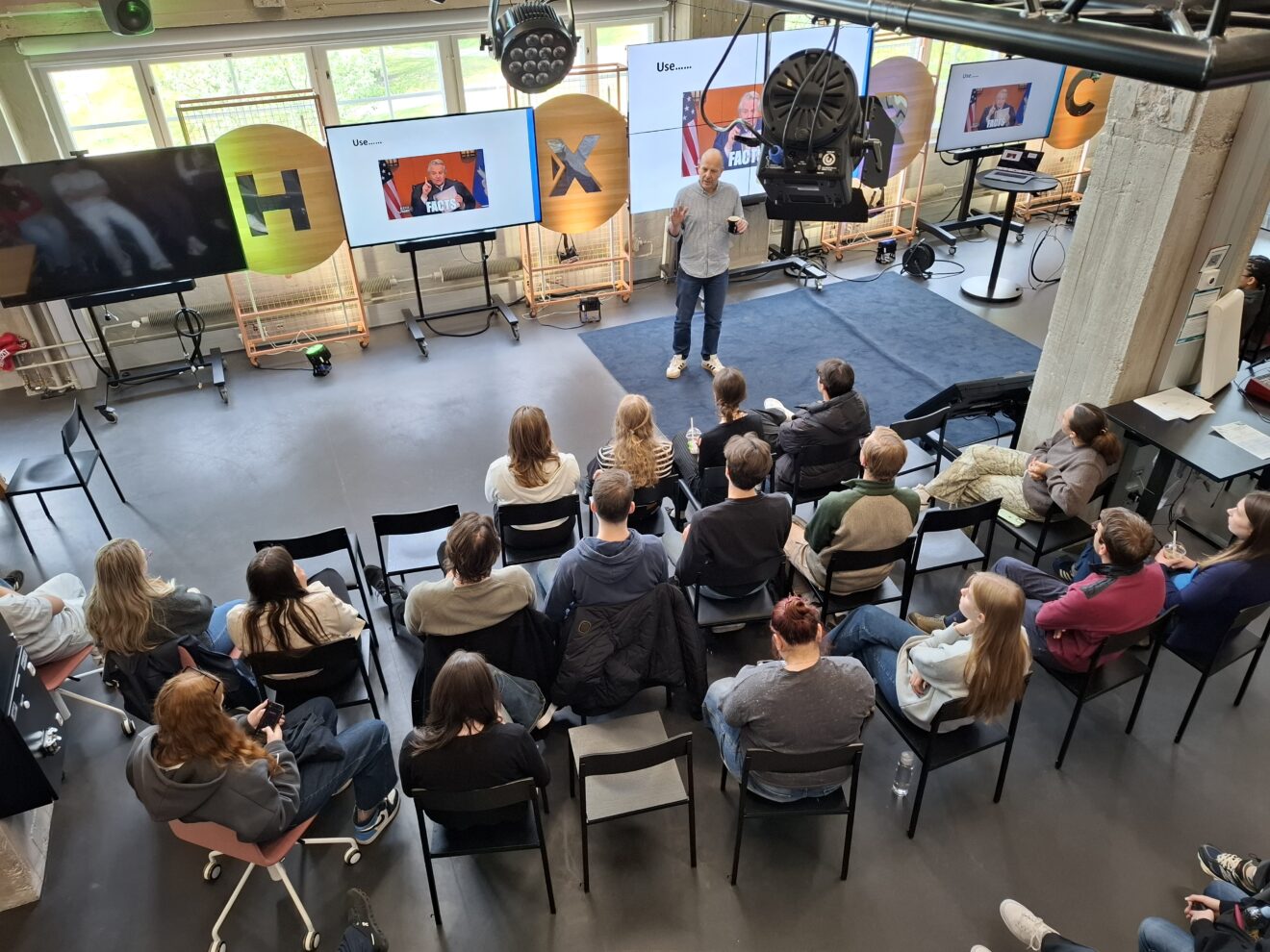U!REKA, or the U!REKA European University, is an alliance of over 30 higher education institutions and partners. The U!REKA website presents their aim to be to ‘educate the European professionals of tomorrow’ by ‘working together across borders and building on each other’s expertise and strengths’ and creating ‘inclusive, intercultural, open-minded professionals who accelerate Europe’s shift towards climate neutrality’.
In essence, U!REKA has two main missions:
- to enhance the interconnectedness of Europeans, and
- to cultivate the important skills necessary to achieve climate neutrality.
The changing world around us necessitates both outcomes. The European Union continues to work towards this goal of interconnectedness through 50 European Alliances, of which U!REKA is one. Each of these university alliances has a different focus. This way, many foci can be worked on at the same time. Putting these institutions together in partnership – not in competition – makes them all stronger.
What is U!REKA?
U!REKA stands for Urban Research and Education Knowledge Alliance, and it is specifically focused on urban development, innovation, and collaboration. It is an alliance primarily of universities of applied sciences and technical universities which are located in urban areas. In addition to their shared urbanicity, they also share values of inclusion, sustainability, democracy, and cross-border cooperation.
The U!REKA of 2025 is built on a history dating back to 2016, with only a few changes in institutional representation. Since 2016, the glue holding U!REKA together has been a similar vision of what a European future looks like. For almost a decade, this alliance has been building bridges and opportunities for over 130,000 staff, students and stakeholders to collaborate across institutions and borders.
Who are involved?
The full academic members currently are:
- Amsterdam University of Applied Sciences
- Hogent (University College Ghent)
- Metropolia University of Applied Sciences in Helsinki
- Frankfurt University of Applied Sciences
- Polytechnic University of Lisbon
- Technical University of Ostrava
There are also five academic associate partners:
- Edinburgh Napier University
- Odessa National Economic University
- University of Applied Sciences BFI Vienna
- New Bulgarian University in Sofia
- University of Bari Aldo Moro in Italy
In addition to the academic members, the cities of the full partners are involved as well as a few other European cities. There are also some regional participants, such as the Helsinki-Uusimaa Regional Council, other European networks, and some foundations and non-governmental organisations.
These 30 partners working together will always be complex and potentially difficult to understand. By keeping the two main goals in mind, it can be easier to view what the U!REKA Alliance is moving towards. It is also easier to see how it galvanises its staff, students, and stakeholders to achieve this on a local level as well as on a European one. Partners will come together as and when necessary for the task at hand.
What does U!REKA do?
U!REKA is for everyone at the institution, not for a select few. There will always be the core team who will be responsible for the dissemination of information and the integration of ways of working and administration. However, there are opportunities for everyone to get involved, from the students to the researchers. And the hope is that everyone could find a way to become a part of U!REKA where it is possible and desirable.
U!REKA includes joint education initiatives like courses and joint degrees, collaborative research projects on big urban challenges, events and networking. The signature event is the annual U!REKA Connects Conference. In 2024, it was held in Czechia, at our partner Technical University of Ostrava and in 2025, it will be held here at Metropolia UAS in May.
The goal of these initiatives is to prepare students and their communities and societies for the future by sharing knowledge and experiences. What has worked in one place may be able to help somewhere else, where the issue has not been faced or tackled yet. The idea is to be more proactive than reactive.
Why does it matter?
U!REKA is not just a project for a few administrators or researchers, it is for everyone no matter what they do at the institution. It matters because our world is so connected, and our educational institutions should reflect that reality. But it also matters differently to different groups.
For university professionals, there are new opportunities to cooperate on research and in creating courses that span regional boundaries. They will also be able to take advantage of the mobility that an alliance like this offers.
For students, there are opportunities for international collaboration, for example in the joint student government of the U!REKA network. This will also open opportunities for internationalisation at home when more courses that are created by collaboration through the alliance become available to all students in the network. Students will also be able to take advantage of more study exchanges with partners which always prove to be valuable learning experiences.
Finally, cities, non-governmental organisations (NGOs), and societies can meet in different ways to search for solutions and share best practices. Many cities, NGOs, and societies share issues that are present in other urban areas elsewhere in Europe. This platform gives them a chance to explore how other cities and regions are viewing and solving challenges that can be difficult to solve alone or in isolation.
It has been shown in the past years that more cooperation within Europe in all sectors is important. All evidence points to the direction that collaboration in education, science, research, and other areas affecting the vitality of societies and communities is crucial for the future.
A look ahead to U!REKA 2027
U!REKA is currently in the transformation phase with the support of the EU-funded project “U!REKA Shift” which began in January 2023. The first four years are about embedding the U!REKA collaboration, both intellectual and administrative, into each of the partners (both full and associate). It is as much a mindset shift as it is a practical way of how we work. In this time, the alliance will deepen to build a truly European institution that has a strong focus on sustainability and innovation in urban settings.
Until 2027, we work daily on issues that challenge us and bring us together to build this complex organisation. We continue what was started all those decades ago when the European idea was set in motion and European integration began (Deschamps, n.d.).
A personal invitation to you
At Metropolia, I am involved in U!REKA through my work on innovation and entrepreneurship in higher education – areas where I believe that we can have an impact. Each of us working on this looks to achieve great cross-border outcomes in a way that we have only attempted domestically before. This is a step into future of strong European innovation and entrepreneurship collaboration.
Every person, at each U!REKA institution, has something to offer to help U!REKA meet its goals. What might your contribution be? What part will you play in shaping this European University of the future?
There are many ways to get involved and everyone is welcome.
References
Deschamps, E. n.d. The European Idea. CVCE: European Navigator. Updated 8 July 2016. Accessed 14 April 2025.
Author
-

Pamela Spokes
Specialist, TurbiiniPamela Spokes BA, MA, MBA, AmO. Educator in Service Design and Entrepreneurship with the Turbiini Pre-Incubator Programme in English.
About the author


